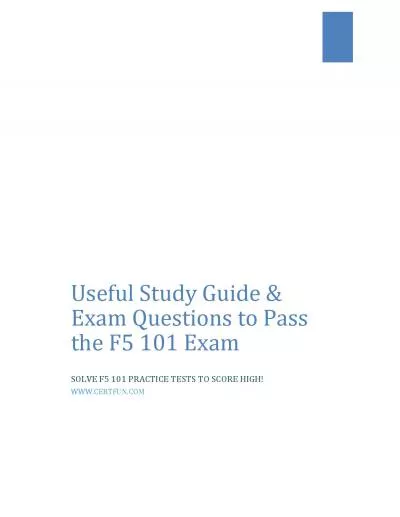PPT-NAESB 101: Natural Gas and Natural Gas Liquids
Author : tatyana-admore | Published Date : 2018-10-28
International Energy Credit Association Spring 2016 Nicole W Russell Director and Trading Counsel o 1 877 6670594 nrusselltradingcounselsolutionscom m 917 7153524
Presentation Embed Code
Download Presentation
Download Presentation The PPT/PDF document "NAESB 101: Natural Gas and Natural Gas ..." is the property of its rightful owner. Permission is granted to download and print the materials on this website for personal, non-commercial use only, and to display it on your personal computer provided you do not modify the materials and that you retain all copyright notices contained in the materials. By downloading content from our website, you accept the terms of this agreement.
NAESB 101: Natural Gas and Natural Gas Liquids: Transcript
Download Rules Of Document
"NAESB 101: Natural Gas and Natural Gas Liquids"The content belongs to its owner. You may download and print it for personal use, without modification, and keep all copyright notices. By downloading, you agree to these terms.
Related Documents














